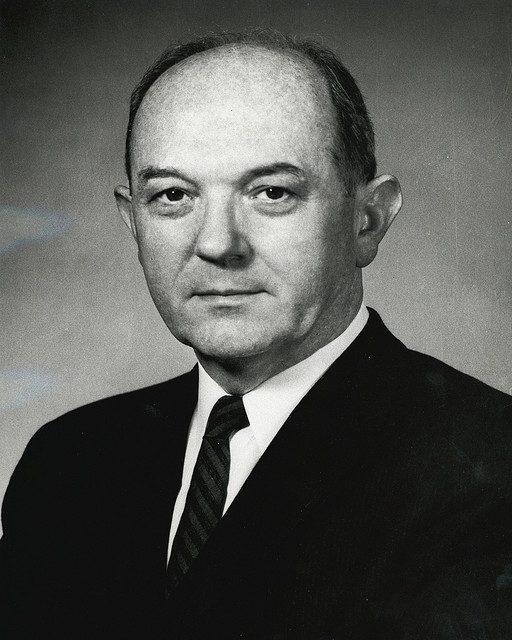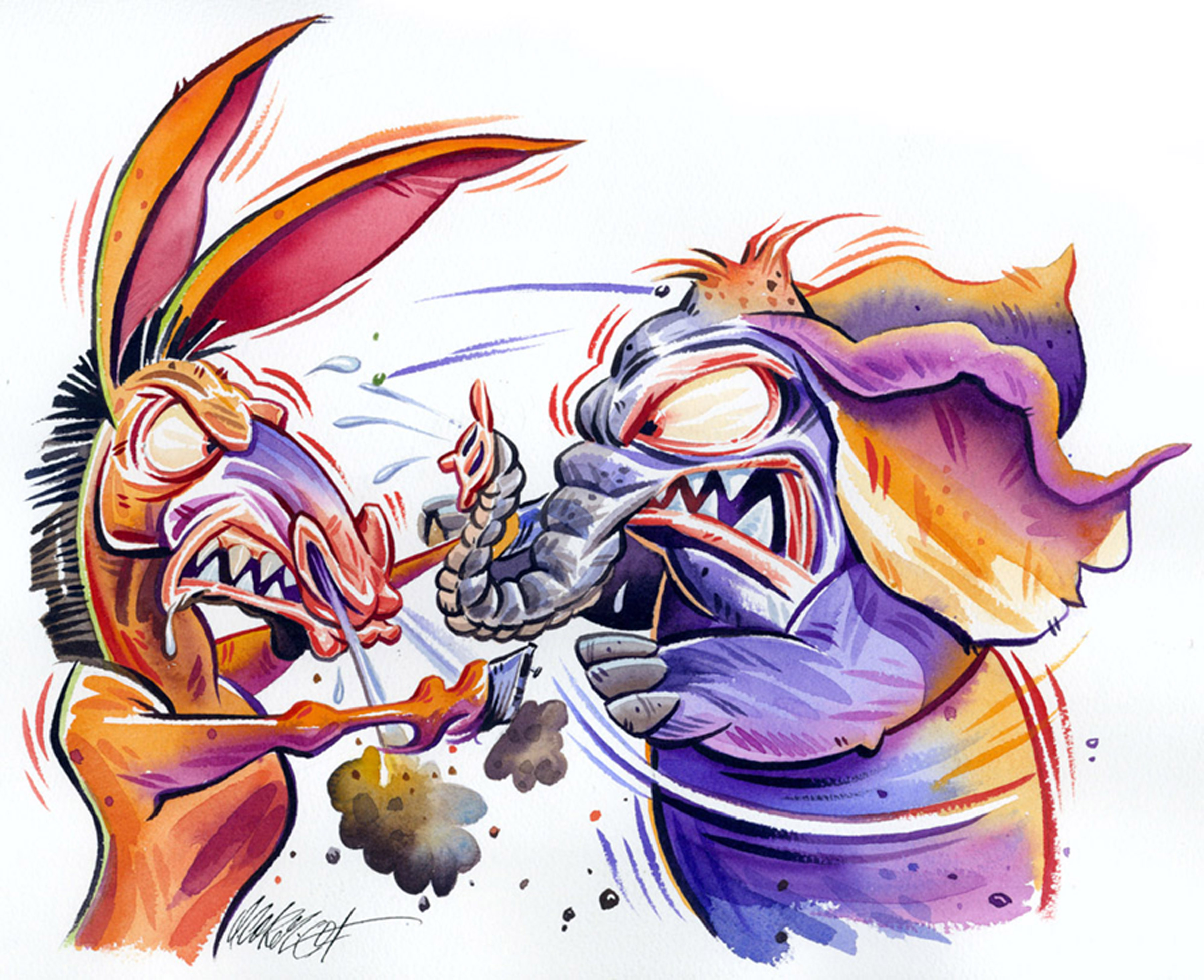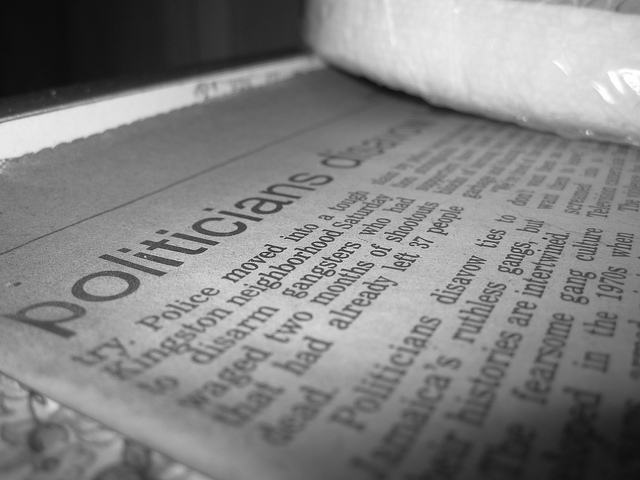Power Elite: Rhodes Scholars With Enormous Influence
3. Dean Rusk
Rusk used his 1931 Rhodes Scholarship to study history and political science. A Reserve Captain and staff officer during WWII, Rusk was a Colonel by the time the war ended, decorated with the Legion of Merit with Oak Leaf Cluster.
“He returned to America to work briefly for the War Department in Washington. He joined the Department of State in February 1945, and worked for the office of United Nations Affairs. In the same year, he suggested splitting Korea into spheres of U.S. and of Soviet influence at the 38th parallel north. He was made Deputy Under Secretary of State in 1949. He was made Assistant Secretary of State for Far Eastern Affairs in 1950 and played an influential part in the US decision to become involved in the Korean War, and also in Japan’s postwar compensation for victorious countries, such as the Rusk documents. However he was a cautious diplomat and always sought international support.”
Rusk was a Rockefeller Foundation trustee from 1950 to 1961. In 1952 he succeeded Chester L. Barnard as president of the Foundation.
He served as U.S. Secretary of State from 1961 to 1969 under presidents John F. Kennedy and Lyndon B. Johnson. In Rusk’s autobiography, As I Saw It, he claimed to not have had a good relationship with President Kennedy. He said that the president was often irritated by Rusk’s reticence in advisory sessions and felt that the State Department was “like a bowl of jelly” and that it “never comes up with any new ideas.”
Following his retirement, he taught international law at the University of Georgia School of Law in Athens, GA. Rusk died of heart failure at the age of 85 in 1994.







